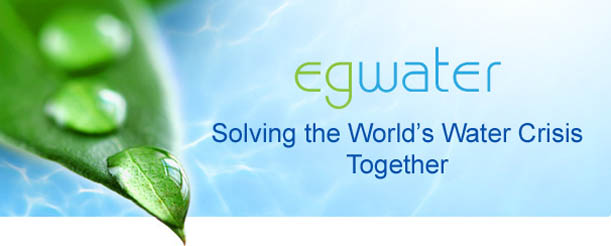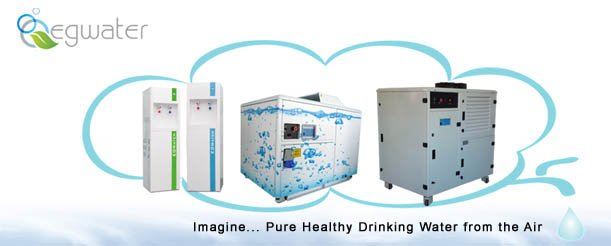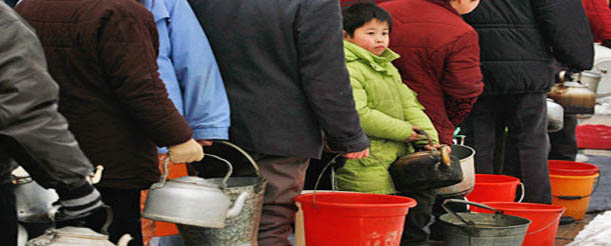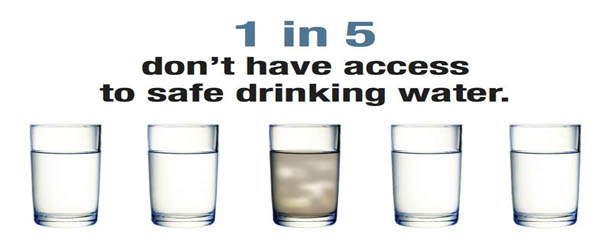Do you believe that everyone deserves something as
simple and crucial for life as clean, safe water?
We do.


Children are our future and much more are needed to be
done to provide them with proper basic sanitation like
drinking water. They do not need to be deprive of basic
clean drinking water if modern technologies are able to
fulfill their needs.
The EGW Care Programme, initiated by EGWater and its
associates, work together with local authorities to
bring clean healthy drinking water to affected
communities
around the world, starting from Indonesia.
We provide clean, safe water to those who suffer needlessly without it by...
- Connecting donors to viable and sustainable water projects to provide clean safe drinking water to the affected communities.
- Showing every donor the specific impact of their gifts through photos, short stories and GPS map coordinates of every project.
- Following up, monitoring and evaluating the projects we support to help ensure our shared work has a long-term impact.
We believe that every supporter can become part of the
story of water by learning, acting, giving and then
seeing the difference they make.
We're looking for willing hands...are you ready?
Your donation will bring us closer to our goal of
providing safe drinking water for consumption for these
children.
Read about our programme that will provide
unprecedented options to provide relief effort to supply clean water forever.
![]()
Please join us in our mission. Submit your contact information and we will send you updates.
Spread the Word

Millions of tons of water vapor are circulated through the atmosphere each day. Scientists estimate over 380 quadrillion gallons float through our atmosphere annually. Atmospheric water's technology replicates mother nature’s natural cycle of evaporation and condensation… our industry leading filtration system ensures your drinking water will be fresh, pure and free of toxins and contaminants.
The Value Proposition...
Human food requirement consists of four principal sources - water, agricultural crops, livestock and fisheries. Essentially, the demand for food depends on population and the dietary habits of the people under consideration.
Consequently, there are basically three ways to produce this food requirement; through rain-fed agriculture, irrigated agriculture and food import. In all cases water is the most important determinant to increased food production and rural development.








